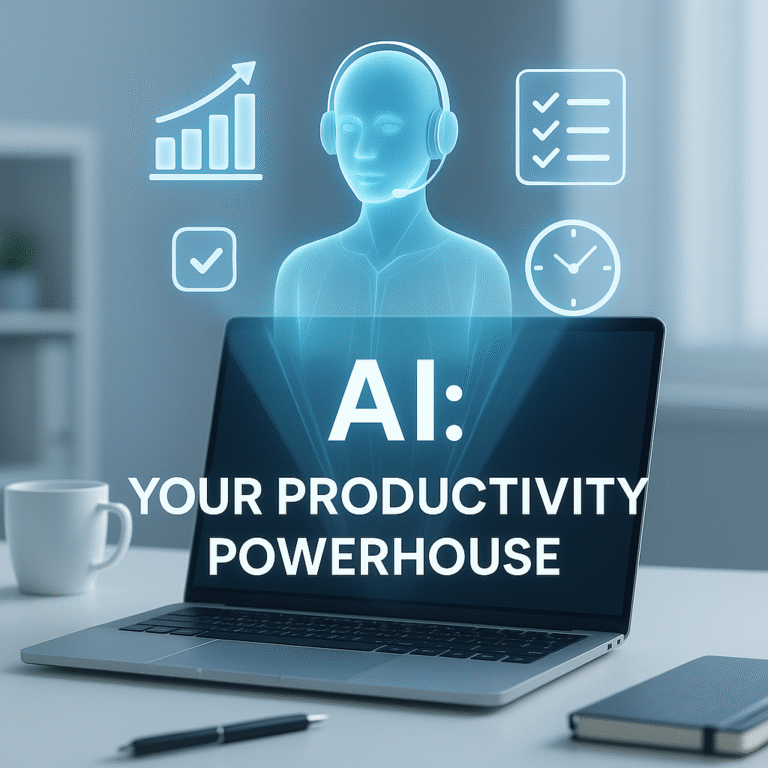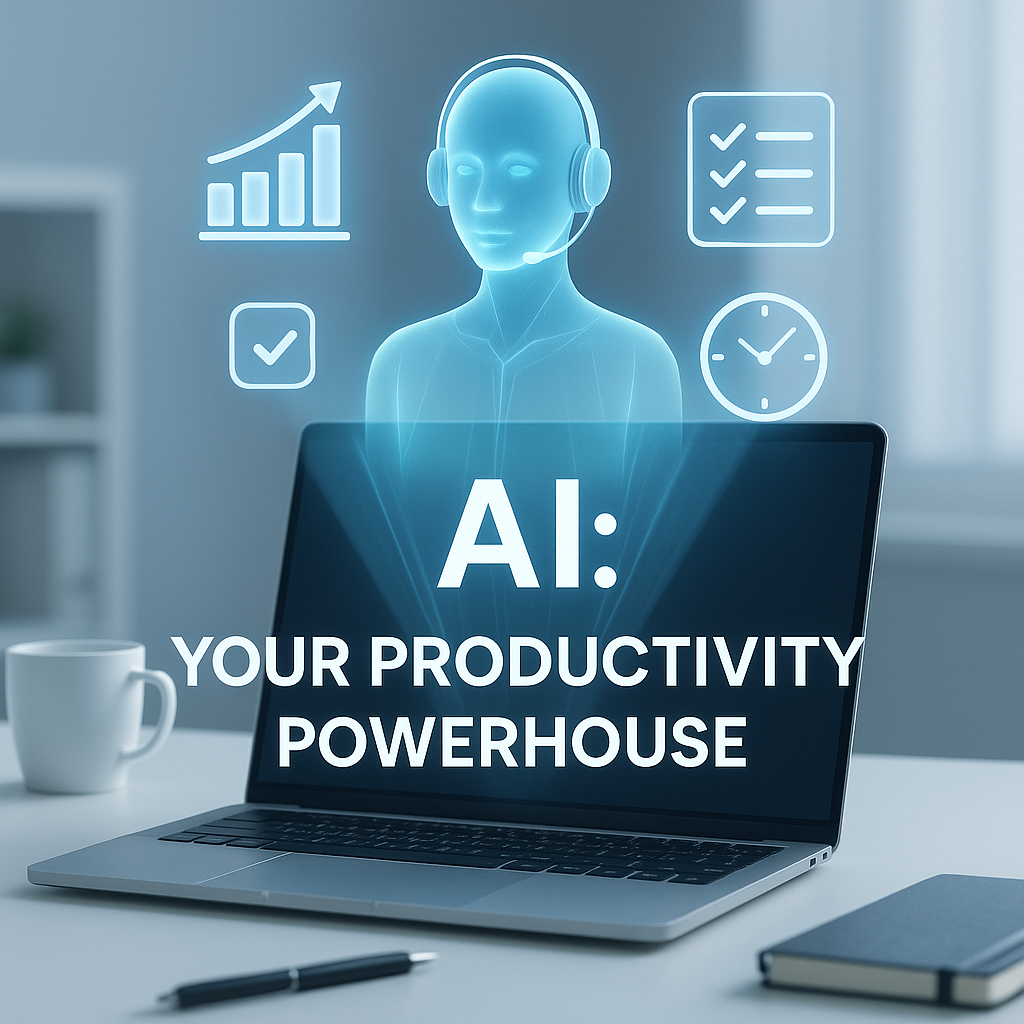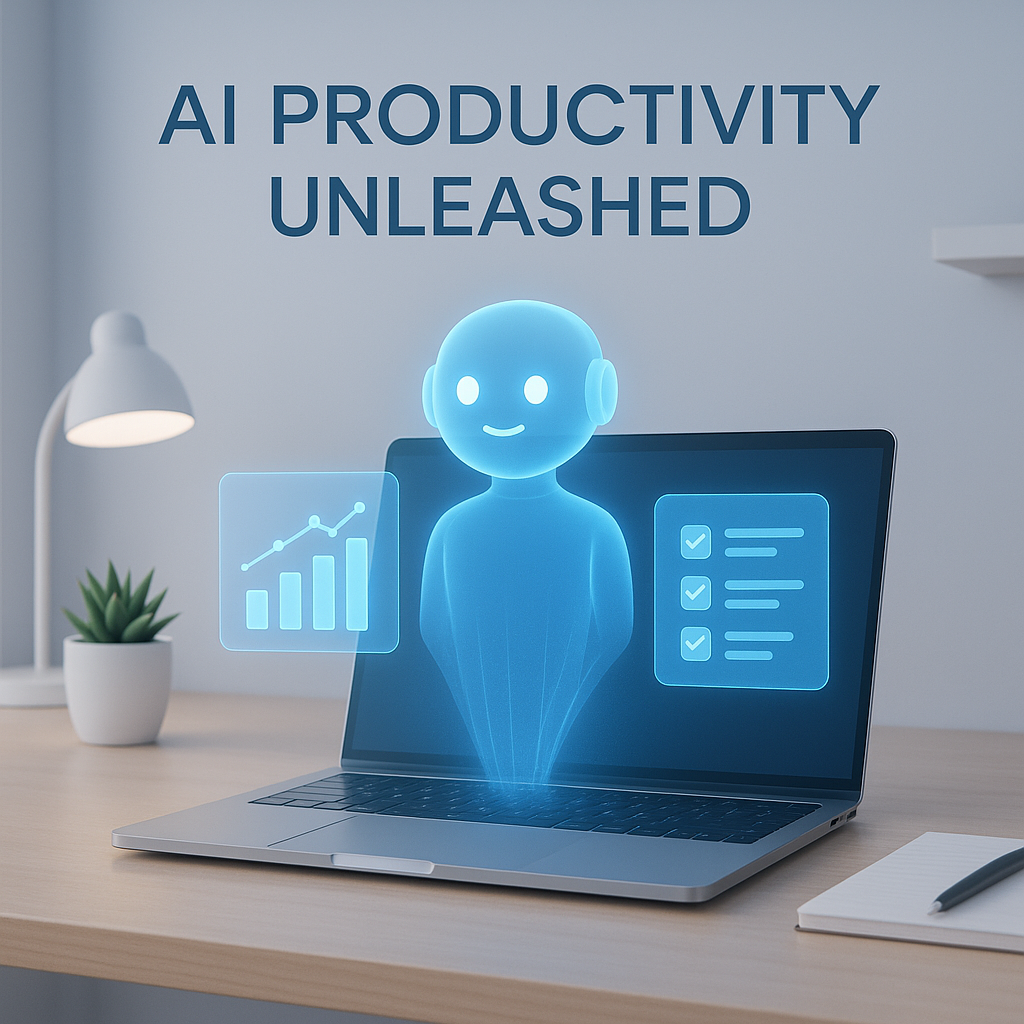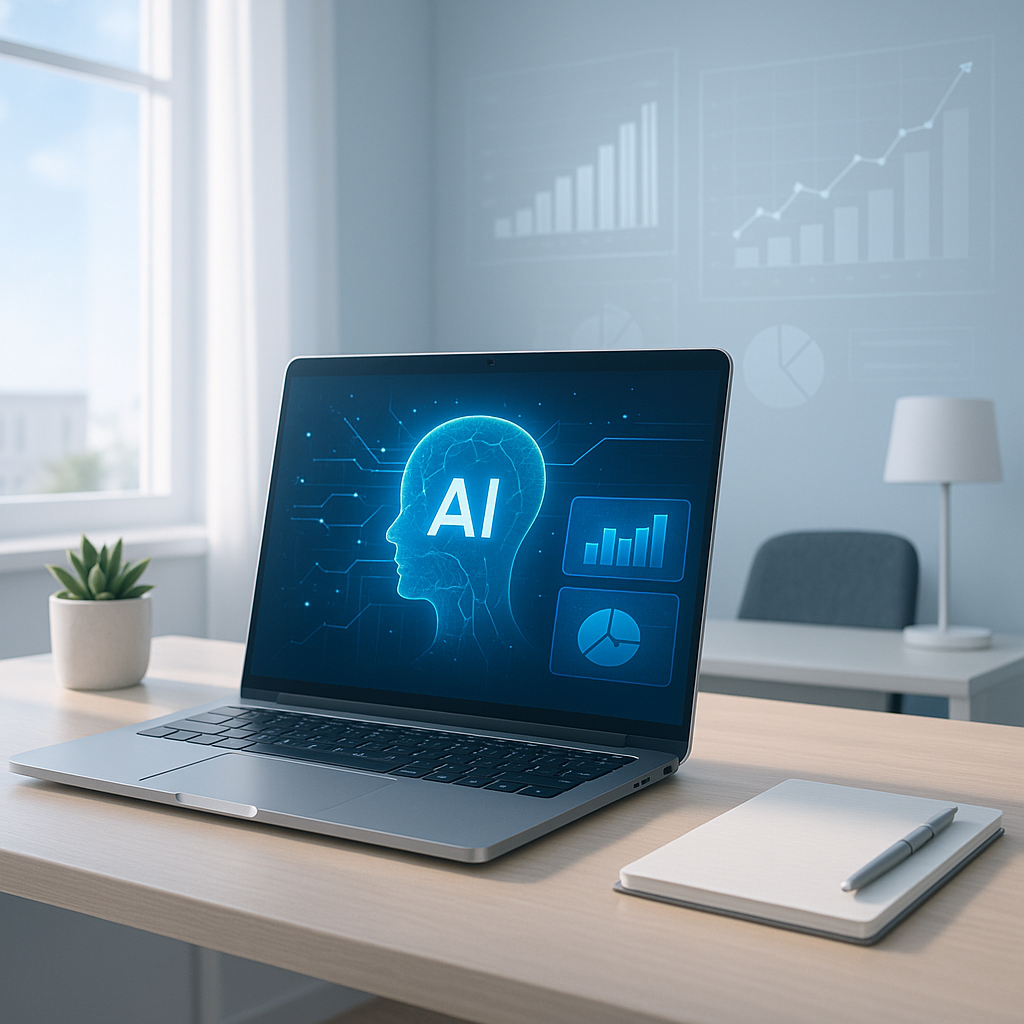AI Tools: Transforming Work and Productivity in the Digital Era
Understanding the Power of AI in Modern Workspaces
The technological landscape has dramatically shifted with the advent of AI tools, revolutionizing how professionals approach work, especially in home office and work from home environments. These sophisticated digital assistants are reshaping productivity, efficiency, and innovation across multiple sectors.
AI technologies have become instrumental in helping businesses and individual professionals streamline complex tasks, automate repetitive processes, and unlock new levels of performance. From small startups to large enterprises, AI business solutions are creating unprecedented opportunities for growth and optimization.
Top AI Tools Changing the Work Paradigm
1. Productivity Enhancement Tools
Modern AI tools are designed to maximize workplace efficiency. Applications like Otter.ai provide real-time transcription services, while tools such as Notion integrate AI-powered writing and organization capabilities. These platforms help professionals manage time more effectively and reduce manual workload.
2. Communication and Collaboration
AI-driven communication platforms like Zoom and Microsoft Teams now incorporate intelligent features such as background noise reduction, real-time translation, and automated meeting summaries. These advancements are particularly crucial for remote and distributed teams.

3. Writing and Content Creation
Tools like ChatGPT, Grammarly, and Copy.ai have transformed content generation processes. They offer sophisticated writing assistance, grammar checking, and even generate entire drafts across various formats – from marketing copy to technical documentation.
Free AI Courses: Learning and Skill Development
Recognizing the growing importance of AI skills, numerous platforms now offer free AI courses to help professionals stay competitive. Websites like Coursera, edX, and Google’s AI learning resources provide comprehensive training programs covering machine learning, natural language processing, and AI fundamentals.
These courses enable individuals to:
– Understand core AI concepts
– Learn practical implementation strategies
– Develop skills applicable across industries
– Gain certifications recognized by tech companies
AI in Home Office Environments
The work from home revolution has accelerated AI tool adoption. Professionals are increasingly relying on intelligent assistants to:
– Schedule meetings automatically
– Manage email communications
– Generate reports
– Perform data analysis
– Provide personalized productivity recommendations
Practical Applications Across Industries
Different sectors are integrating AI tools uniquely:
1. Marketing
– Personalized customer segmentation
– Predictive analytics
– Content recommendation engines
2. Finance
– Fraud detection
– Risk assessment
– Automated trading strategies
3. Healthcare
– Diagnostic assistance
– Patient data management
– Treatment recommendation systems
Ethical Considerations and Challenges
While AI tools offer immense potential, they also present critical considerations:
– Data privacy concerns
– Potential algorithmic biases
– Transparency in decision-making processes
– Continuous skill updates for professionals
Future Outlook
The AI tools ecosystem continues evolving rapidly. Experts predict more intuitive, context-aware solutions that seamlessly integrate into professional workflows. Machine learning algorithms will become increasingly sophisticated, offering more personalized and precise assistance.
Professionals who invest time in understanding and implementing AI tools will likely gain significant competitive advantages in their respective domains.
Conclusion
AI tools are no longer optional technological novelties but essential components of modern professional environments. By embracing these intelligent solutions, individuals and organizations can transform traditional work models, increase productivity, and drive innovation.
The key lies in continuous learning, strategic implementation, and maintaining a balanced approach that leverages technological capabilities while preserving human creativity and critical thinking.




